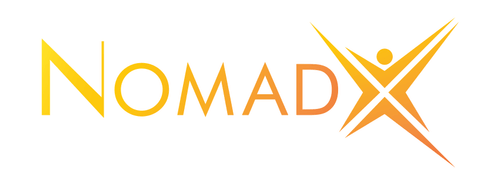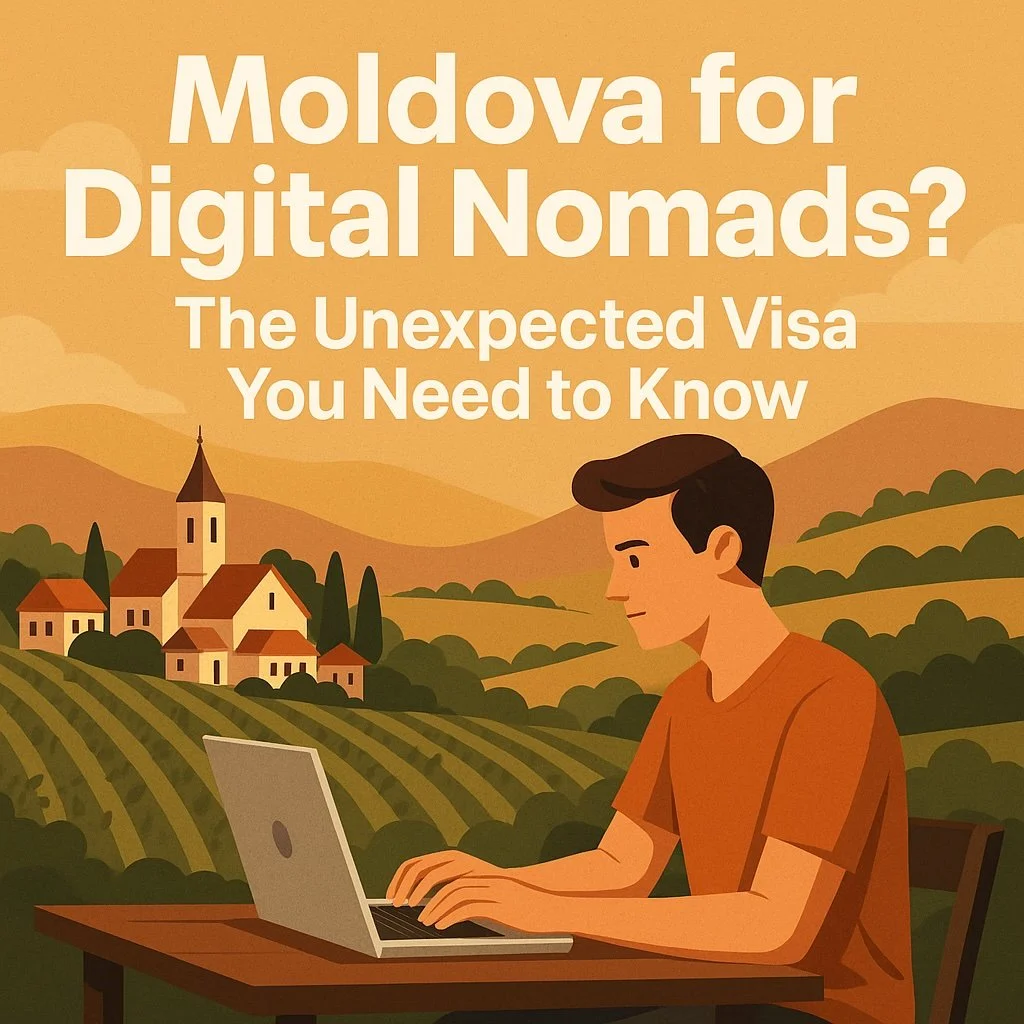Moldova: Eastern Europe’s Quiet Bet on Digital Nomads
Could this overlooked country become a sleeper hit for remote workers?
As Europe’s tourist hotspots battle overtourism and rising costs, an unlikely destination is quietly laying the groundwork to attract the next wave of digital nomads: Moldova.
Landlocked between Romania and Ukraine, Moldova doesn’t yet appear on most nomads’ maps. But that may soon change.
With its newly launched digital nomad visa, ultra-low cost of living, and ambition to plug into Europe’s tech scene, Moldova is making a calculated bet on the remote work economy — and governments across Eastern Europe should be watching closely.
The Visa: Moldova Enters the Race
In early 2025, Moldova introduced its digital nomad visa, joining over 50 countries hoping to lure remote professionals. The program allows foreign remote workers to stay for 6–12 months, renewable up to four years, with the ability to bring family members.
Eligibility criteria:
Proof of remote employment or self-employment for a foreign company
Minimum income threshold of €2,750/month
Valid health insurance
Clean criminal record
Unlike more mature nomad visa systems in Portugal or Estonia, Moldova’s visa is still relatively new — but it’s one of the few in Eastern Europe with long-term potential.
Why Moldova? The Value Proposition
While Moldova lacks the surf towns of Portugal or the coworking cafes of Bali, it offers three underappreciated advantages:
1. Affordability that’s hard to match
Moldova is among the cheapest countries in Europe. Monthly costs in Chișinău, the capital, average:
€300–€400 for 1-bedroom apartments in the city center
€1–€2 for public transport
Meals out under €6
For digital nomads building their businesses or extending runway between projects, this is a game-changer.
2. A strategic, under-the-radar location
Located just 2 hours by plane from major European hubs like Vienna, Warsaw, and Istanbul, Moldova offers proximity without the price tag.
Its position also allows nomads to explore off-the-beaten-path Eastern Europe — with direct access to emerging scenes in Romania, Ukraine (in future), and the Black Sea coast.
3. A government willing to experiment
Moldova’s government has made clear its intentions: attract talent, not just tourists. The visa is just one step. There are also whispers of tax incentives for foreign freelancers and government-backed co-innovation zones in Chișinău.
Challenges: Moldova Isn’t for Everyone
It would be dishonest not to mention the gaps.
Limited coworking and community: Outside of Chișinău, digital infrastructure is thin. There are few coworking hubs and little nomad community — for now.
Language barriers: Romanian is the official language, and Russian is widely spoken. English is limited outside urban centers.
Perception problems: Many still associate Moldova with post-Soviet poverty and political instability — a branding challenge the country must overcome.
Still, these are solvable problems — especially if early adopters and government actors work together to shape the narrative.
The Economic Play: Why Moldova (and Others) Should Care
Welcoming digital nomads isn’t just a lifestyle trend — it’s a strategic lever for economic transformation.
A recent study by NomadX estimates that each digital nomad contributes between €20,000–€35,000 annually to the local economy, depending on location and duration of stay. For Moldova, even attracting 5,000 nomads annually could translate into €100M+ in direct and indirect economic impact.
That includes:
Accommodation (especially local-run Airbnbs and long-term rentals)
Restaurants, cafes, and gyms
Local services (transport, coworking, wellness)
Co-creation with startups and accelerators
Unlike mass tourism, digital nomads tend to stay longer, spend more, and integrate deeper into local economies — especially when supported with the right infrastructure.
Moldova’s Moment?
Moldova may not yet have the buzz of Lisbon or the branding of Bali — but it doesn’t need to.
Instead, it can offer something different: affordability, access, and the rare opportunity to shape the narrative from day one.
For digital nomads looking to escape the crowds, reduce costs, and pioneer something new — Moldova is one to watch.
And for governments seeking to diversify their economic future? Moldova is proof that even the smallest countries can dream big when it comes to remote work.
TL;DR: Why Moldova Matters
New digital nomad visa launched in 2025
Low cost of living among the cheapest in Europe
Underrated tech potential, with strong links to Romania and Ukraine
Challenges: limited infrastructure and brand awareness
Opportunities: early-mover advantage, talent attraction, long-term economic gain
Moldova’s Opportunity — If It Chooses to Take It
The race to attract digital nomads is no longer just about visas. It’s about vision.
Moldova sits at a unique crossroads — geographically, economically, and politically. It can choose to remain a footnote in Eastern Europe’s past, or it can become a case study in future-ready policymaking.
By creating the right conditions — infrastructure, community, and incentives — Moldova could become the breakout success of the region. But it must move fast. As destinations from Portugal to Argentina refine their nomad strategies, the window of first-mover advantage is closing.
For digital nomads seeking purpose, affordability, and room to build something meaningful, Moldova offers a rare opportunity: to not just visit a place — but help shape it.


